Polycystic ovarian syndrome (PCOS) is a condition that affects a woman’s menstrual cycle, fertility, hormones, insulin production, circulatory system, and appearance. Women have both male and female hormones, but women who have PCOS have higher levels of male hormones and experience irregular or absent menstrual cycles and small cysts on their ovaries. It is estimated that 5-10% of women who are of child bearing age have PCOS.
Women with PCOS who become pregnant may experience more health problems than the general population including:
-
High blood sugar levels which can lead to diabetes
-
Pregnancy-induced high blood pressure
-
MiscarriagePremature delivery
-
Pre-eclampsia (high blood pressure, protein traces in the urine)
-
Macrosomia (a newborn with an excessive birth weight)
All of these serious problems are yet more evidence that it is extremely important to address PCOS and make the lifestyle changes necessary to reverse it and the underlying cause of insulin resistance. This is vital to prevent the health issues that can compromise long term wellness for both mother and child during and after pregnancy.
Insulin resistance reduces the insulin sensitivity of your cell walls. Glucose has to pass through the cells walls to be converted to energy. Insulin assists this process. When the cells walls have become de-sensitized to insulin by insulin resistance, the process can break down. Glucose cannot get into the cell, and remains in the blood stream, causing elevated blood sugar levels. This process can lead to weight gain and obesity, key factors in creating PCOS.
Metformin (Glucophage) is a drug often prescribed for women with PCOS who are trying to get pregnant, and in the early stages of pregnancy. Metformin improves the cell’s response to insulin, and helps move glucose into the cell. As a result, the body will not be required to make as much insulin, and helps to balance the hormones in PCOS. Weight loss through exercise and changes in diet and lifestyle can also be effective in treatment for PCOS and pregnancy. Women should seek out the specialist who can provide nutritional and exercise guidelines to enhance their weight loss success. This is critical for the health of the women and her baby.

